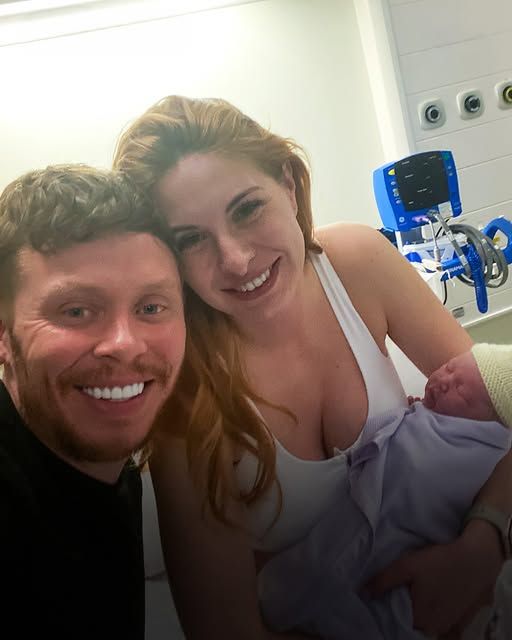No doubts about Chad after 14 years of marriage. Not because of late nights, hectic schedules, or the dull silences of a familiar routine. Until I found the second phone.
I wasn’t spying. Just doing laundry. I picked up his half-zipped workout bag lying on the floor, and something inside it caught my attention.
A second phone. Our kids played games on our phone in waiting rooms, and I used it to read directions on road trips.
A flashing message on the lock screen:
Looking forward to seeing you tonight. I love you!
The floor didn’t give way beneath me. It should have. My breathing sharpened. My hands trembled. I stared at the device, hoping the words meant something else.
But they didn’t.
Everything changed. New light distorted familiar memories. Late nights. The new aftershave. His phone always facedown. The casual distance when I kissed him.
Hidden lies.
My phone was in my hands at the kitchen table. Locked. Torn between relief and anger. My mind urged me to act, but my body froze. Opening it could end everything.
The front door opened.
“Helena? You home, honey?”
His voice was light. Unconcerned. The voice of a man unaware his world was about to shatter.
Meeting him in the hallway, I placed the phone on the table. My voice was almost detached.
“Unlock it.”
Chad froze. All color drained from his face.
“It’s not what you think,” he said.
“Unlock it,” I repeated.
He hesitated. The pause shook me. Then he took the phone and opened it with his thumb.
I grabbed it and read. Repeated messages. Short. Intimate. Familiar.
“The cake was my favorite, thanks. Beautiful flowers. Looking forward to seeing you tonight. I love you!”
“Who is she, Chad?”
He ran a hand through his hair. “She’s my mom.”
I blinked.
“That’s not the lie you’re supposed to tell,” I said flatly.
“It’s not a lie,” he said calmly. “Please, just listen.”
I stayed silent. Waiting.
He took a breath. “I was raised in foster care. Never knew my parents. Flashes—perfume, laughter. Three months ago, she found me.”
I looked at him, heart pounding, my mind struggling to accept a new truth.
“She saw that article about me—‘the cat whisperer firefighter,’” he chuckled weakly. “She recognized me just from my photo, name, and foster care details.”
“She came to the station. Explained everything. She had no support when she gave me up, which was her biggest regret. No money. She thought the system would take care of me.”
He hesitated.
“I didn’t want her in our lives until I was sure it was real. Until I knew she’d stay.”
A lump formed in my throat. “You should have told me.”
“I know. I was protecting everyone. Especially the kids.”
“And the cake? The flowers?”
“She lives in a nursing home. She’s alone. Sweets please her. Also flowers. All I wanted was to make her smile. For all my birthdays, Mom never participated.”
The phone slipped from my hand.
This was Chad—the husband I married, the man who would risk his life in a fire to save others. He carried this fragile, hidden sorrow alone.
I took his hand.
“Let me meet her.”
His eyes widened. “You mean it?”
“She’s your mother,” I said. “If she matters to you, she matters to me. To our kids.”
That night, we went. Left the kids with a caregiver and drove through quiet neighborhoods to a place smelling of antiseptic and vanilla lotion—like a pause in time.
Chad shook hands, his words few. I understood. It was more than a meeting. It was a reunion with a long-buried past.
Her name was Miranda. Light caught her silver hair as she sat near the window. She stopped when she saw Chad. Then she wept.
“You came,” she whispered.
He cleared his throat. “You mentioned tonight would be busy.”
“It’s Bingo night,” she said. “Families sometimes visit.”
I stepped forward. “I’m Helena. Chad’s wife.”
She broke down.
She covered her lips with trembling hands, crying as years of longing melted away. She missed first steps, scraped knees, holidays, and weddings—not just Chad, but grandchildren too.
I took her hand.
“Tell me everything,” I said.
Just like that, one sentence, one memory, one fragile forgiveness brought back the years she thought were lost.
